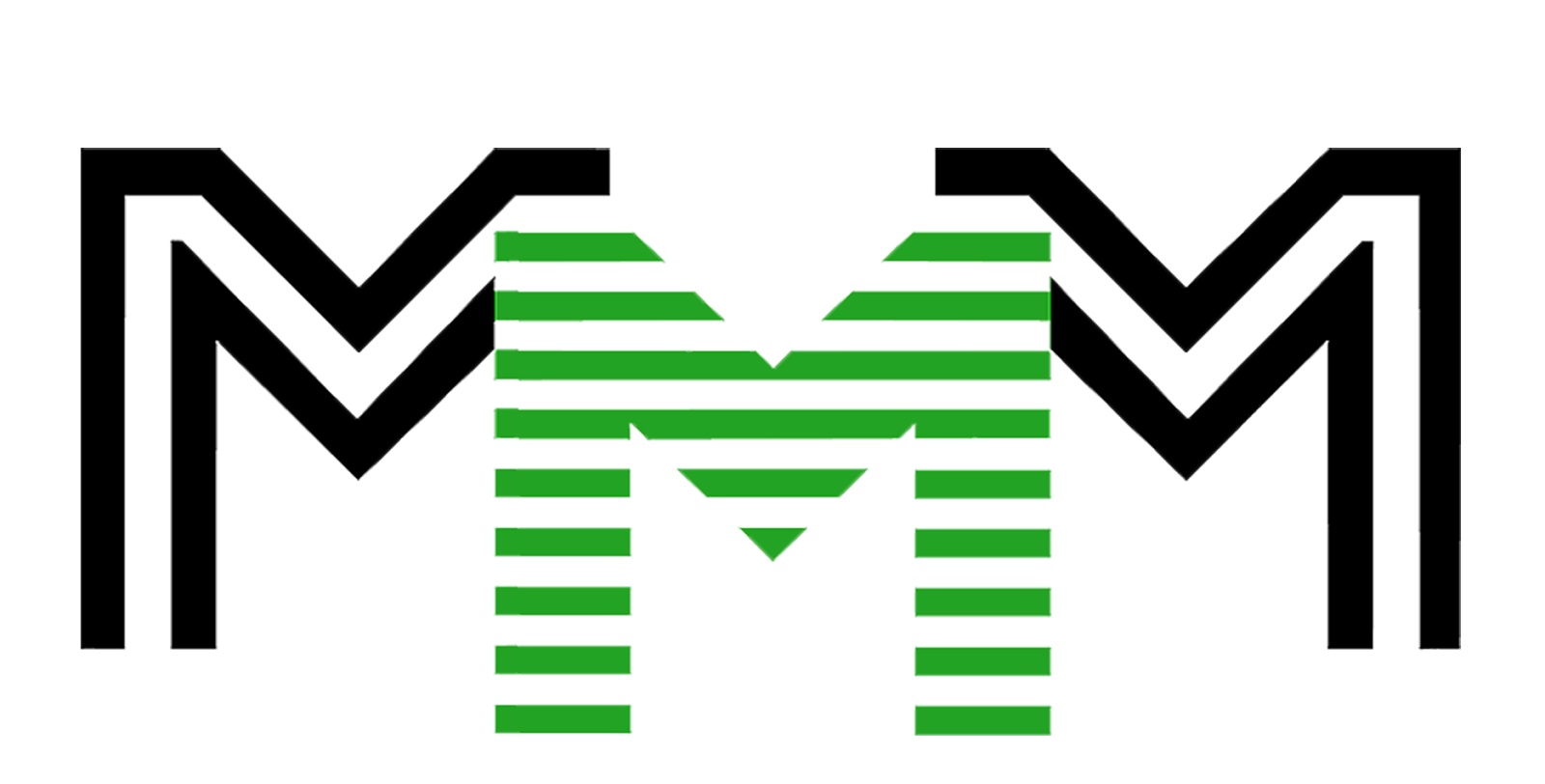- Mixed Feelings as MMM Resumes Operations
The controversial Mavrodi Mondial Movement (MMM) sprang a surprise come back yesterday, 24 hours ahead of its scheduled resumption, after it suspended the operations last December.
The Ponzi scheme, which has enlisted over three million Nigerians in its books, however, dropped another frightening condition for the members, as it opted to start payment from those with little stake, described as “poor” ones.
This means that it is not yet over for the majority of it participants, who are big ticket, “Helpers,” as they address themselves, as the operator of the MMM said they would also be settled in batches.
Besides, they also noted that a daily limit has been set to forestall or control panic withdrawals.
Announcing the return, the operators, in a statement signed by the Founder, Sergey Mavrodi, read: “The holidays are over and we are now open, just as promised (You might have already noticed that we always stick to our promises).
“Actually, we promised to be open on January 14, but we are open now, January 13, as you can see, which is a day earlier. (Well, I hope, the members of the System will forgive us for that).
“It is related to the hysteria raised by the authorities and the mass media around MMM. By joining forces, they have managed to nearly give the members of the System a heart attack and have frightened them out of their wits…”
But it was a cocktail of mixed feelings by some members who spoke to The Guardian on the condition of anonymity at the Murtala Muhammed Airport in Lagos.
While some were visibly attending to customers in a hurry to get the space and log into their accounts to place “request,” others left their duty to get the “early bird” slot.
Unfortunately, those who succeeded in logging in were told that they could not be honoured at the moment, either because the payment time has not started or they are big ticket members.
One told The Guardian: “I want to get my money. I don’t think I would come back again. Maybe, I will try with N20, 000 whenever I decide to come again.
“Now that they have said they would pay gradually, it might be a sign that the money is not complete. There might be need for more people to join, so that more money will flow. But who would want to join?”
Another said: “I have about N800, 000 to claim. I will get to the end of it this night, as I will continually try to place my request until I succeed.”
Yet another one said: “My own is double portion, because I have not collected for once. I reinvested my own when it was due. I am still afraid now that they ant to start from small amounts.
A lady in her early 30s, who operates the scheme, along with her husband and does not want her name in print, said: “I can confirm that MMM is back in full blast. My expectation and confidence was that MMM will be opened and will be stronger than ever.
“MMM is now made in way that no one can post a fake teller; there is a way the system will detect a fake user or people who are on the platform to cheat others.
“I was hundred per cent positive that the scheme will be back, in fact I paid N350, 000 to people that requested help same day the account was frozen; there was not a day I doubted it and I never lost my sleep. It was normal for people to express anxiety over it but I called over a dozen people who registered under me almost every time to allay their fears.”
A man in his late 20s, who simply wanted to be identified by his first name, Chibueze, said, “I wasn’t scared when the news hit the media that MMM had been frozen; I read what was posted on my personal account telling me the date the scheme will resume, I was calm and asked people that registered under me to also let their mind be at rest.”
Meanwhile, patronisers of the Mavrodi Mondial Moneybox (MMM) have become panic as introduction of new rule, which will involve using bitcoins for transactions, has made Nigerians feared for their unpaid money before the platform closed in December 2016.
The platform was said to frozen the accounts of participants last year based on the numerous number of people who wanted to get help.
A Nigerian who claimed anonymity said, “MMM resumed online yesterday at 12 noon and I have requested for my money but ever since then I was not merged with people who will make payment to my account.
“This is not usual, because I have done so many transactions with the platform. But this got me weary, when I heard about the bitcoin strategy, I don’t know how it works and I hope it’s not a step that will deny me of getting my money back.”
Another investor who claimed anonymity also said, “I have just been exercising patience because I do not want to believe that it’s a scam, because when I heard and read it online that due to the fact that the platform is meant for the poor, therefore, only those who need little money will be attended to first before they attend to those who seek for bigger help. I think this is a fraudulent statement if it is true,” she said.

 Naira4 weeks ago
Naira4 weeks ago


 Naira4 weeks ago
Naira4 weeks ago


 Naira3 weeks ago
Naira3 weeks ago


 News4 weeks ago
News4 weeks ago
 Travel4 weeks ago
Travel4 weeks ago




 Naira4 weeks ago
Naira4 weeks ago


 Jobs3 weeks ago
Jobs3 weeks ago
 Naira3 weeks ago
Naira3 weeks ago






















